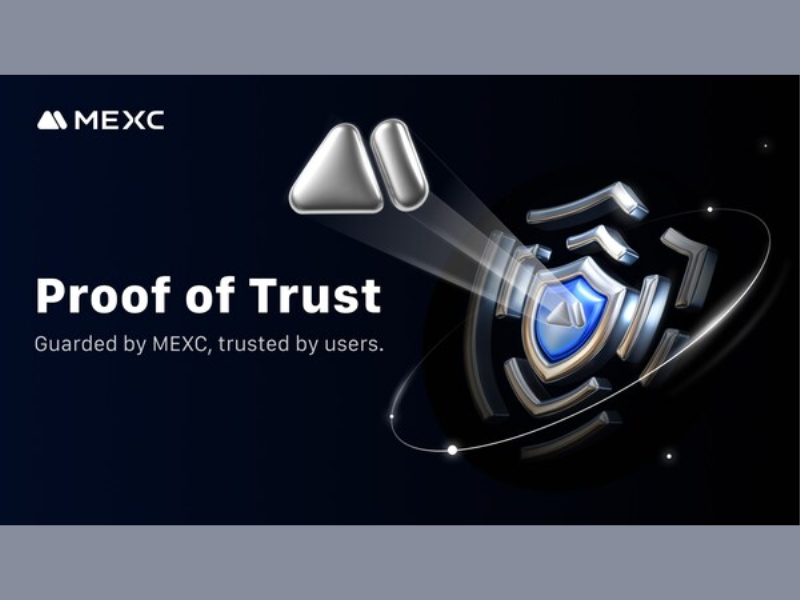Palworld, a multiplayer open-world survival crafting game, has gone viral since it was released on Steam on January 19. Within eight hours of its release, Palworld sold over one million copies, and by February 1, this figure had risen to 12 million, showcasing its immense popularity worldwide.
However, the surge in concurrent players has presented significant challenges to the official servers, resulting in occasional frame freezing and disconnections that impact player experience. To solve these issues, the option of playing with others on a dedicated server has been added to the login page, allowing players to set up their servers and invite friends to join them online.
Yet, setting up a dedicated server can be daunting for many players. This is exactly where Huawei Cloud comes into play with its Elastic Cloud Server (ECS). Models such as the S6 and S7n provide on-demand configurations and exceptional performance, ensuring low latency and high bandwidth to minimize frame freezing for over 100 concurrent online players.

Players can now enjoy Palworld anytime, anywhere, with solid data storage and protection. Our SRE teams are taking care of our cloud services, making sure they are available all the time to support the game running. Over 10 security solutions and services are safeguarding Palworld, covering host security, Anti-DDoS, WAF, and anti-ransomware. Multiple disaster recovery (DR) solutions ensure flexible, secure backups for players’ data and saved games.
Huawei Cloud also provides a hands-on tutorial that guides users through the server deployment process in under a minute.
In addition, players can benefit from substantial discounts in the Discounts for Newcomers section on the Huawei Cloud website. Users who do not spend much time online can opt for pay-per-use billing, while the product portfolio can also be customized to suit each player’s preferences.
With Palworld‘s player base surpassing 19 million worldwide, ranking it as Steam’s second most-played game in history, the demand for lightweight cloud and low-spec servers is expected to surge, presenting new opportunities for cloud vendors in the public cloud market.





















